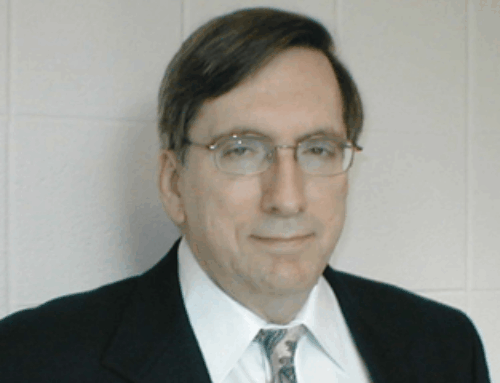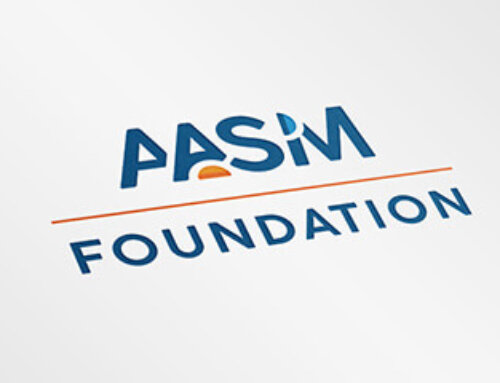EMBARGOED FOR RELEASE: 12:01 a.m., June 8, 2010
CONTACT: AASM Director of Communications Kathleen McCann
708-492-0930, ext. 9316
WESTCHESTER, IL – Nighttime noise from nearby road traffic, passing trains and overhead planes disturbs sleep and impairs morning performance, according to a research abstract that will be presented Tuesday, June 8, 2010, in San Antonio, Texas, at SLEEP 2010, the 24th annual meeting of the Associated Professional Sleep Societies LLC.
Results indicate that mean reaction time on a morning psychomotor vigilance task slowed significantly by 3.6 ms after exposure to recorded traffic noise during sleep, and the slowing of reaction times was directly and significantly related to increases in both the frequency and sound-pressure level of the nightly noise events. The sound of passing trains caused the highest awakening and arousal probabilities followed by automobile traffic and airplane noise. However, this ranking was not reflected in the measures of morning neurobehavioral performance, as each mode of noise caused a similar level of impairment. Furthermore, exposure to more than one of the three modes of traffic noise did not lead to stronger performance impairments than exposure to only one noise source.
“The study demonstrated that traffic noise may disturb sleep and consequently impede recuperation, as was shown by deterioration of neurobehavioral performance,” said lead author Dr. Eva-Maria Elmenhorst, postdoctoral research fellow at the German Aerospace Center Institute of Aerospace Medicine in Cologne, Germany. "The study therefore stresses the importance of sleep hygeine in terms of a quiet environment for healthy, undisturbed sleep."
Elmenhorst noted that nighttime traffic noise may have even stronger effects on the performance of people who are more susceptible to sleep disturbances. Risk groups include children, shift workers, the elderly and people with chronic medical conditions.
The study involved 72 people with an average age of 40 years. Their sleep was monitored by polysomnography for 11 consecutive nights. Recorded traffic noise from airplanes, automobiles and trains was played in the laboratory while they slept. Each mode of traffic noise consisted of eight different noise events played back at five sound pressure levels ranging from 45 to 65 A-weighted decibels for a total of 40 noise events. The study was carefully balanced so that sleeping participants were exposed to one to three modes of traffic noise each night, producing a nightly range of 40 to 120 noise events. The study design also included one control night that was free of traffic noise. Each morning after waking up, participants completed a psychomotor vigilance task, memory search task and unstable tracking task to measure neurobehavioral performance.
The American Academy of Sleep Medicine reports that traffic noise is one cause of “environmental sleep disorder,” which involves an environmental disturbance that causes a complaint of insomnia or daytime sleepiness. Other common causes include bright light and temperature extremes.
White noise, which is produced by combining together all the different frequencies of sound, can be used to drown out other sounds and raise your arousal threshold so that your sleep is less disturbed. White noise is produced by box fans and oscillating fans, sound machines, and special applications for computers and smart phones.
In a study published in the February issue of the journal International Archives of Occupational and Environmental Health, Elmenhorst reported that daytime performance was significantly less accurate after nighttime exposure to aircraft noise. In a 2009 study in the journal Aviation, Space and Environmental Medicine, Elmenhorst and colleagues reported on the testing of a simulated “Segmented Continuous Descent Approach,” a new noise-reduced approach for aircraft landings.
The SLEEP 2010 abstract supplement is available for download on the website of the journal SLEEP at https://www.journalsleep.org/ViewAbstractSupplement.aspx.
A joint venture of the American Academy of Sleep Medicine and the Sleep Research Society, the annual SLEEP meeting brings together an international body of more than 5,000 leading clinicians and scientists in the fields of sleep medicine and sleep research. At SLEEP 2010 more than 1,100 research abstract presentations will showcase new findings that contribute to the understanding of sleep and the effective diagnosis and treatment of sleep disorders such as insomnia, narcolepsy and sleep apnea.
Abstract Title: Nocturnal traffic noise and morning cognitive performance
Abstract ID: 0271
Category: Sleep Deprivation
Presentation Date: Tuesday, June 8, 2010
Presentation Type: Poster – #71
Presentation Time: 10:15 a.m. – 12:15 p.m.
###




